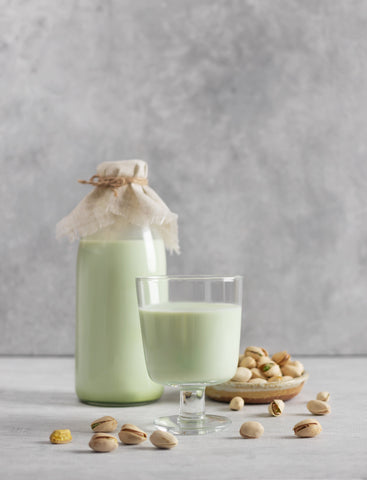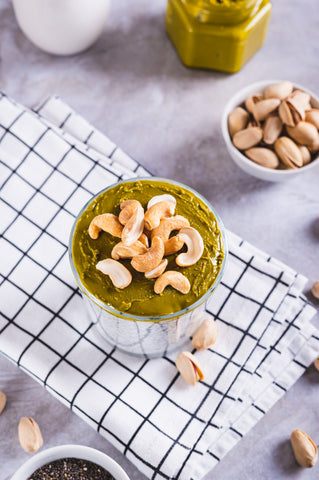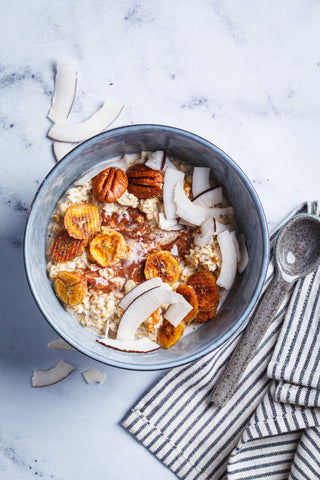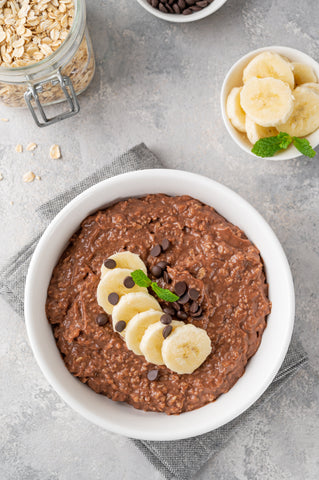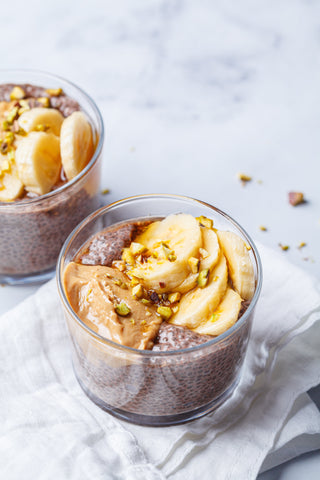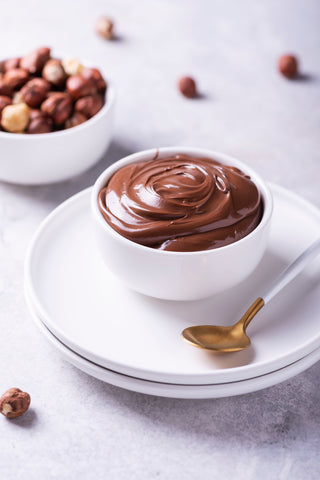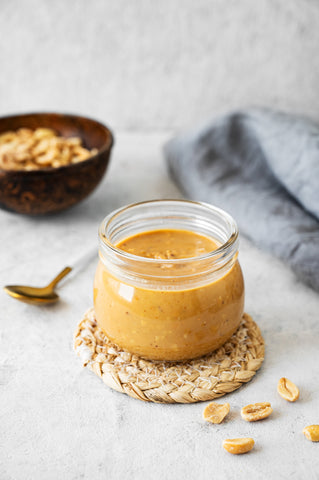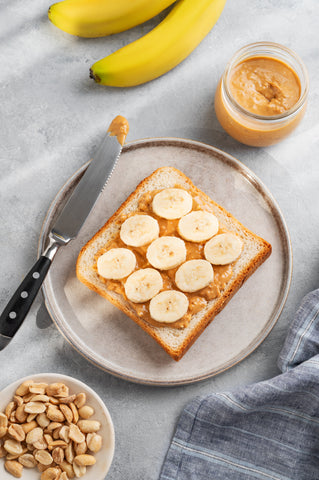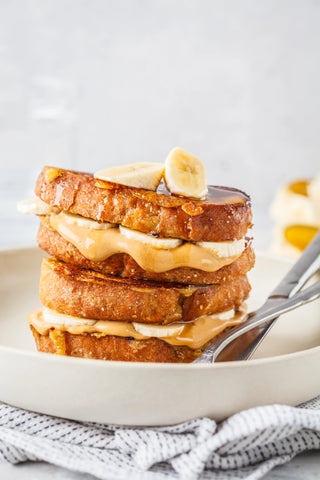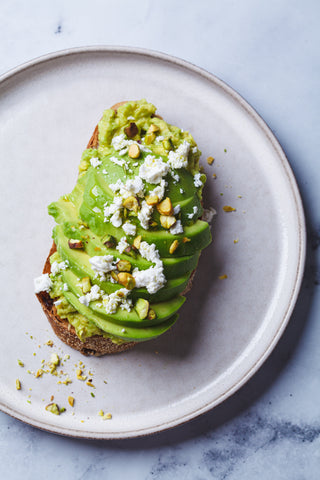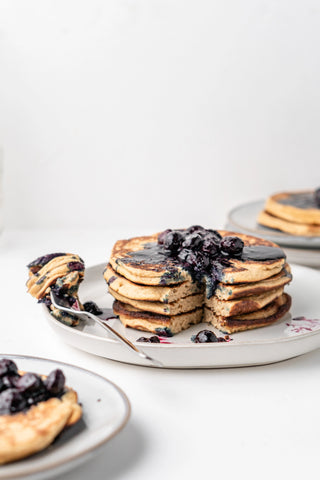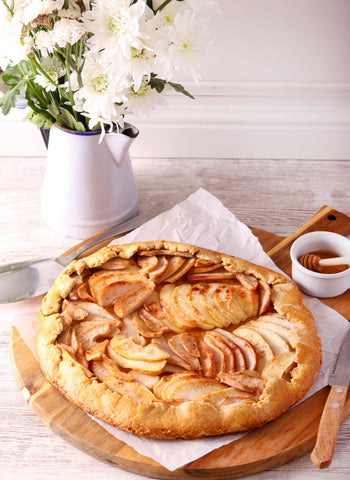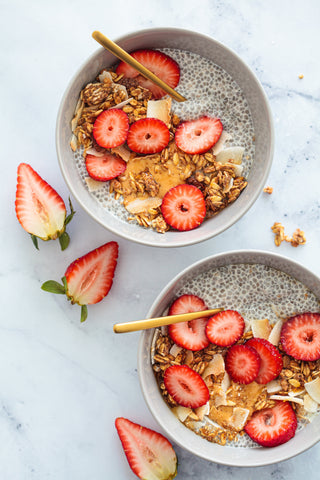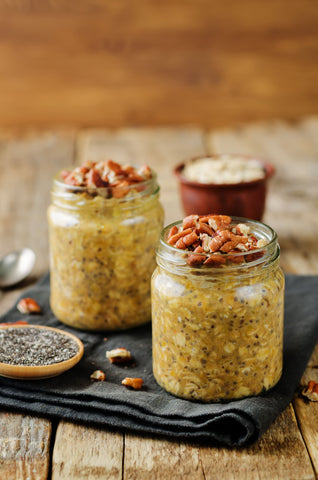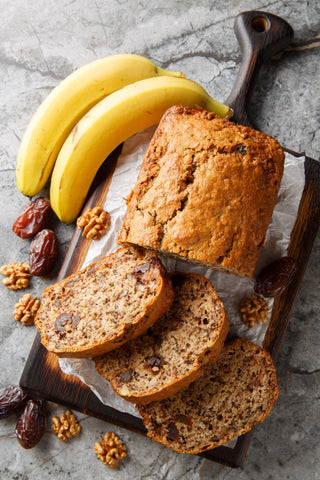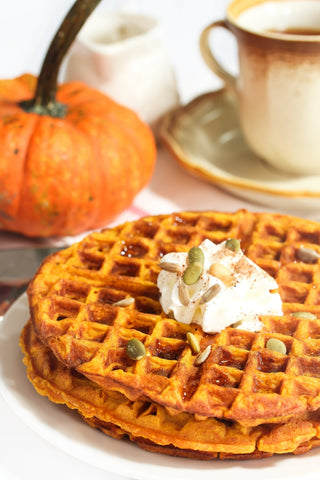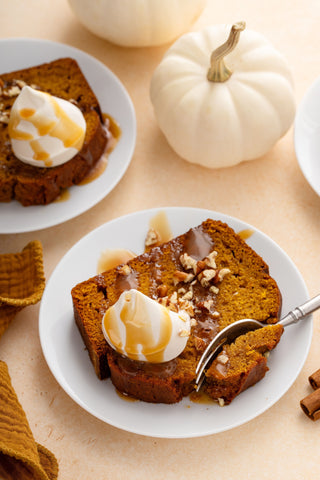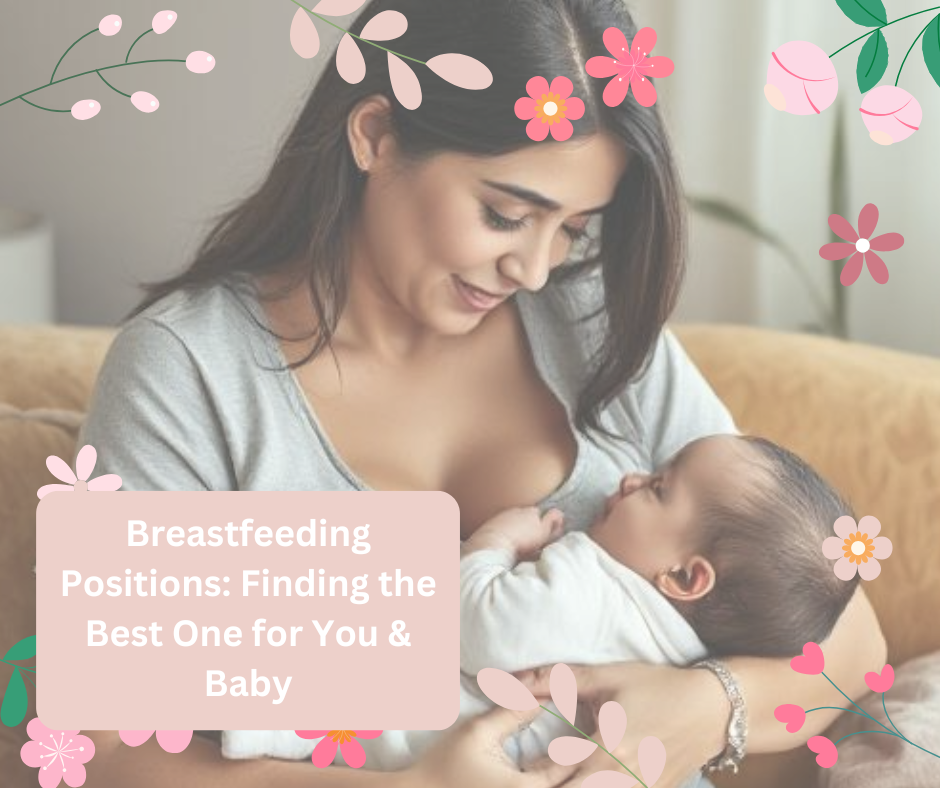
Breastfeeding Positions: Finding the Best One for You & Baby
Share
Breastfeeding Positions That Actually Work: Finding What Feels Right for You and Your Baby
Let’s just start here: if breastfeeding has felt harder than you expected, you’re not broken. You’re not failing. You’re learning something brand new — while also healing, barely sleeping, and trying to meet everyone’s needs, including a tiny human who depends on you for everything. That’s a lot.
One of the biggest things that helped me as a new mom (and especially as a twin mom)? Finding breastfeeding positions that didn’t make me cry — from pain, frustration, or just sheer exhaustion. So if you’re here because you’re sore, tired, or unsure what “a good latch” even looks like anymore… you’re in the right place.
This isn’t a checklist. This is a permission slip to experiment, to adjust, and to find your rhythm — not someone else’s.
Why Breastfeeding Position Actually Matters (It’s Not Just About “Doing It Right”)
Getting your baby into the right position isn't just about perfect technique — it’s about comfort, connection, and saving your body from pain you absolutely don’t need to push through. The right position can help:
- Prevent back and neck strain (yes please)
- 🍼 Support your baby’s latch and milk transfer
- ❤️ Make feedings more calm and connected
- Reduce stress and nipple pain
Every mom-baby duo is different. What feels intuitive to one might feel impossible to another — and that’s okay. You’re allowed to try different things until something clicks. And if it doesn’t? You’re still a good mom.
1. 🤱 Cradle Hold — The Classic, When It Works
This is the one you probably see in every parenting book — the baby’s head resting in the crook of your arm, belly to belly, while you sit up straight. It’s beautiful if it works for you. Why it works:
- Great if your baby has a strong latch
- Keeps things close and cozy
- Easy to try during daytime feeds
If you’re hunched, uncomfortable, or feeling like your arm’s going numb — stop. Add a pillow. Adjust. Comfort is not optional.
2. Football Hold — My Lifesaver as a Twin Mom (And a C-Section Must)
You tuck the baby under your arm like a little football — head at your breast, feet toward your back. It might feel weird at first, but oh, the control this gives you! Why it works:
- Keeps pressure off your belly after a C-section
- Makes it easier to guide the baby’s latch
- Great for feeding twins (one on each side!)
I used a firm pillow under my arm to bring the babies to breast height — game changer.
3. 😴 Side-Lying — Your 3AM Best Friend
This one saved my soul during those long, cluster-feeding nights. You lie on your side, the baby faces you, tummy to tummy. It’s rest and nourishment in one. Why it works:
- Allows you to rest while feeding
- No pressure on tired arms or belly
- Great for recovery and nighttime bonding
Use pillows behind your back and between your knees. You’re allowed to feel held, too.
4. Laid-Back Nursing — Let Instinct Lead
Also called “biological nurturing,” this one involves reclining comfortably while the baby lies on your chest, skin-to-skin, and uses their instincts to latch. Why it works:
- Encourages a natural, baby-led latch
- Reduces tension in your neck and shoulders
- Perfect for skin-to-skin and those first postpartum feeds
Don’t overthink it. Get comfy, breathe deep, and let the baby lead the way.
5. Cross-Cradle Hold — For the Learning Curve
This one gives you more control than the cradle hold, because you’re using the opposite hand to guide the baby’s head. It’s amazing for early days, tricky latches, or distracted babies. Why it works:
- Offers better head support
- Easier to adjust the baby’s mouth and position
- Great for preemies or babies with a weaker latch
Keep your baby close, chin touching the breast, and trust that you can always unlatch and try again.
🌼 Quick Tips to Make Any Position Work Better
- Relax your shoulders. If you’re tense, your baby can feel it — and so can your body. Breathe.
- Use all the pillows. Seriously. Prop your arms, your back, your knees — whatever makes you feel supported.
- Check the baby’s latch. A shallow latch = pain. If it feels wrong, gently break the suction and try again.
- Switch it up. It’s okay to change positions between feeds or even mid-feed. You don’t need to power through discomfort.
Dear Mama, You’re Allowed to Be Uncomfortable — But You Deserve Comfort, Too
Breastfeeding isn’t just a physical act. It’s an emotional rollercoaster — especially when you're sleep-deprived, healing, and navigating a whole new world.
If a position hurts, change it.
If a latch feels off, try again.
If you’re crying from frustration… you are not alone.
You are showing up. You are learning. And you’re doing better than you think.
FAQ: Breastfeeding Positions & Latch Questions New Moms Ask
Q: What’s the best breastfeeding position for C-section recovery?
A: The football hold and side-lying positions are gentlest on your incision and give you more control without pressure on your abdomen.
Q: Is it normal for breastfeeding to hurt?
A: Some discomfort is common at first, but ongoing pain is not. If you feel sharp pain or cracked nipples, it may be a latch issue — consider seeing a lactation consultant.
Q: Can I breastfeed lying down safely?
A: Yes! Side-lying is great for rest and recovery. Just make sure the baby is on a firm, flat surface, facing you, with no loose blankets nearby.
Q: My baby seems fussy at the breast — could it be the position?
A: Absolutely. Sometimes a baby’s discomfort is solved just by adjusting how they're being held or supported. Try switching positions and see how they respond.
Q: How do I know my baby has a good latch?
A: Look for wide open mouth, lips flanged out like fish lips, rhythmic sucking and swallowing, and no sharp pain. If in doubt, always ask for help — it doesn’t mean you’ve failed. It means you care.
Want more raw, real support for your motherhood journey?
Visit the Bloom & Heal blog — because you were never meant to do this alone.






